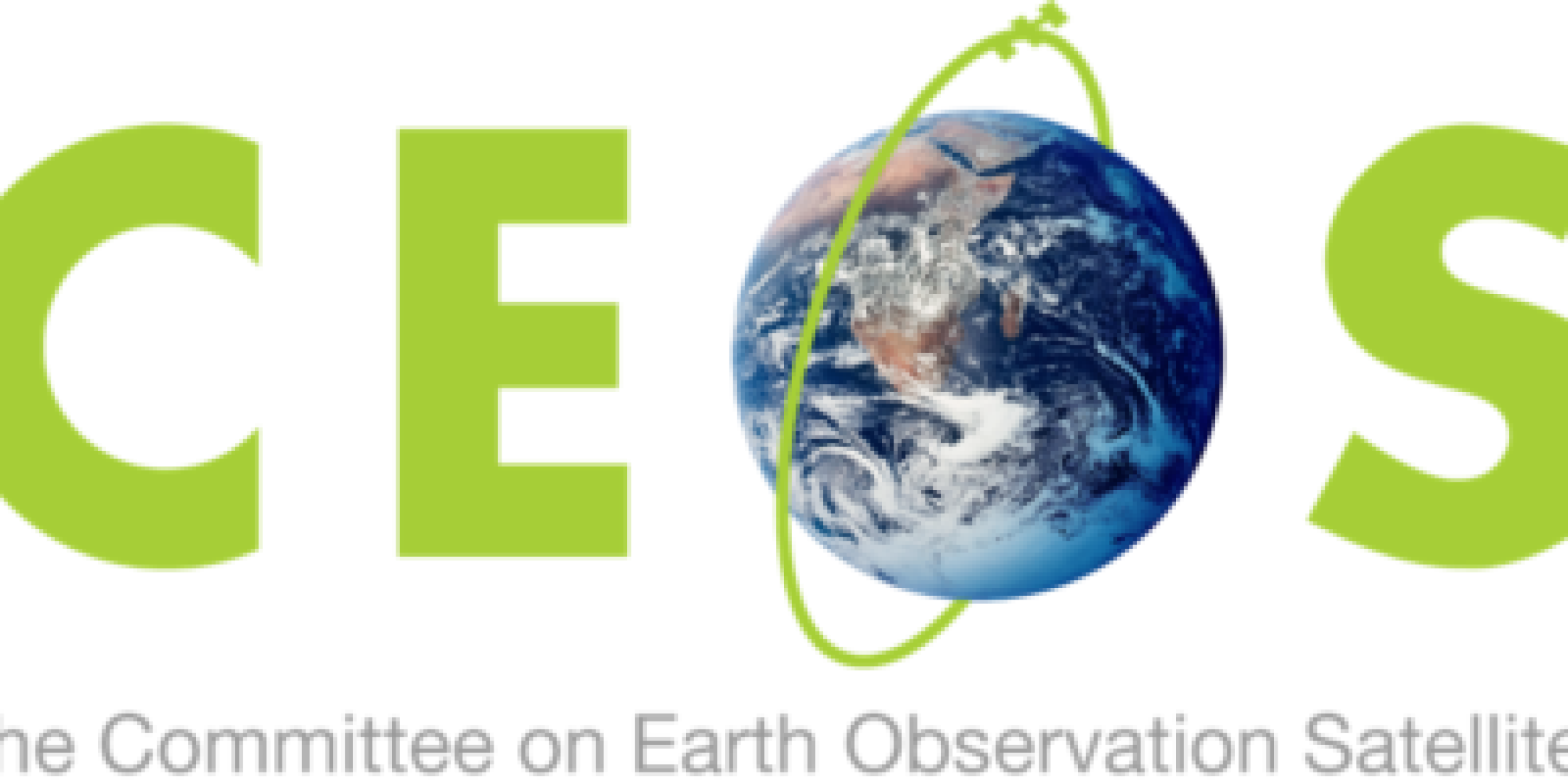4 November, https://fscience-old.originis.fr/wp-content/uploads/2023/06/GLOC_Oslo_Norway_S2_27juillet2022_web-2-1.jpg takes up the Chair of the Committee on Earth Observation Satellites (CEOS) alongside the European Space Agency (ESA). As the ‘space arm’ of the Group on Earth Observations (GEO), CEOS is an intergovernmental body with members from 245 governments and international organizations working to promote and further access to Earth-observation data.
https://fscience-old.originis.fr/wp-content/uploads/2023/06/GLOC_Oslo_Norway_S2_27juillet2022_web-2-1.jpg’s term as chair was voted unanimously by CEOS agencies in March this year. It will thus be chairing the committee for a year concurrently with ESA’s two-year term as Chair of CEOS-SIT (Strategic Implementation Team). Operating a fleet of 177 Earth-observation satellites through its member agencies, CEOS’s activities are organized by two space agencies working together in tandem: one as CEOS Chair, tasked with representing the committee in multilateral relations, and the other chairing CEOS-SIT, in charge of charting its strategic direction and conducting activities.
CEOS’s mission is to propose collective solutions to the challenges of climate change in line with the Paris Climate Agreement (COP21), the Sendai Framework for Disaster Risk Reduction 2015-2030 and the 2030 UN Sustainable Development Goals (SDGs).
https://fscience-old.originis.fr/wp-content/uploads/2023/06/GLOC_Oslo_Norway_S2_27juillet2022_web-2-1.jpg’s term as CEOS Chair will give it the opportunity to affirm its status on the international space scene and promote its work through multilateral dialogue. Working in close synergy with ESA, it will be advocating its Earth-observation priorities within spacefaring Europe.
“It is through international cooperation that the challenges the planet is facing can be addressed in close alignment with citizens’ concerns,” affirms Selma Cherchali, Head of https://fscience-old.originis.fr/wp-content/uploads/2023/06/GLOC_Oslo_Norway_S2_27juillet2022_web-2-1.jpg’s Earth Sciences Programme, who will be chairing CEOS.
As CEOS Chair, https://fscience-old.originis.fr/wp-content/uploads/2023/06/GLOC_Oslo_Norway_S2_27juillet2022_web-2-1.jpg, working closely with the United Nations and other international organizations, will be focusing on three priorities:
• Develop disaster risk reduction and response efforts through local capacity building
• Ensure CEOS support to the Global Stocktake of the UNFCCC Paris Agreement
• Support CAL-VAL initiatives by CEOS member agencies
Under these three priorities, https://fscience-old.originis.fr/wp-content/uploads/2023/06/GLOC_Oslo_Norway_S2_27juillet2022_web-2-1.jpg will put forward various actions in line with CEOS strategies:
– Apply use cases developed by the Space for Climate Observatory (SCO) worldwide.
– Highlight key French initiatives like the Recovery Observatory.
– Step up dialogue with stakeholders and partners pursuing sustainable development and climate actions, and develop operational services like MicroCarb (global mapping of sources and sinks of carbon dioxide).
– Initiate support for calibration and validation, in particular GEO-TREES, an initiative conceived by an international team with strong support from https://fscience-old.originis.fr/wp-content/uploads/2023/06/GLOC_Oslo_Norway_S2_27juillet2022_web-2-1.jpg to develop a network of reference sites for gauging forest biomass.
– Work to develop world firsts like the Trishna mission (to measure Earth’s thermal infrared radiation).
https://fscience-old.originis.fr/wp-content/uploads/2023/06/GLOC_Oslo_Norway_S2_27juillet2022_web-2-1.jpg is succeeding NASA, which as CEOS Chair in 2021 focused on the theme of open science.
About CEOS
CEOS is an international organization with 61 member agencies that together operate a fleet of 177 Earth-observation satellites. It plays a key role in multilateral coordination, sharing of data and joint project initiatives. CEOS is the ‘space arm’ of the Group on Earth Observations (GEO), which has members from 100 governments and as many international organizations, including UN agencies like UNFCCC and UNDRR, G7 and G20 nations, the World Bank and the WMO.
CEOS coordinates civil Earth-observation space programmes and upholds commitments to stakeholders, crafting coordinated responses to their needs based on the Paris Climate Agreement, the Sendai Framework for Disaster Risk Reduction 2015-2030, the 2030 UN Sustainable Development Goals and other GEO initiatives.
Its mission is to propose collective solutions to the challenges posed by climate change and sustainable development, more specifically in the environmental field (climate and carbon, agriculture and vegetation, and oceans).

